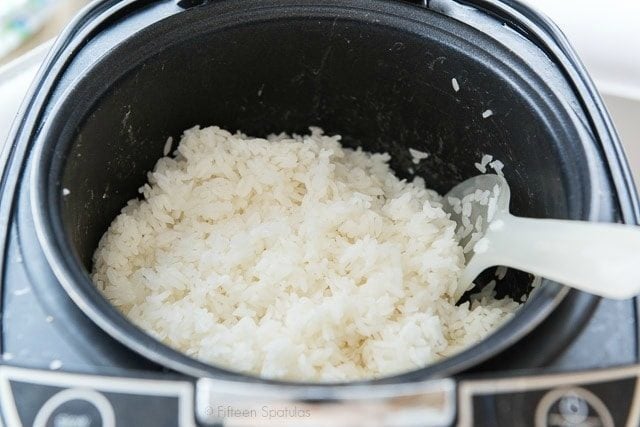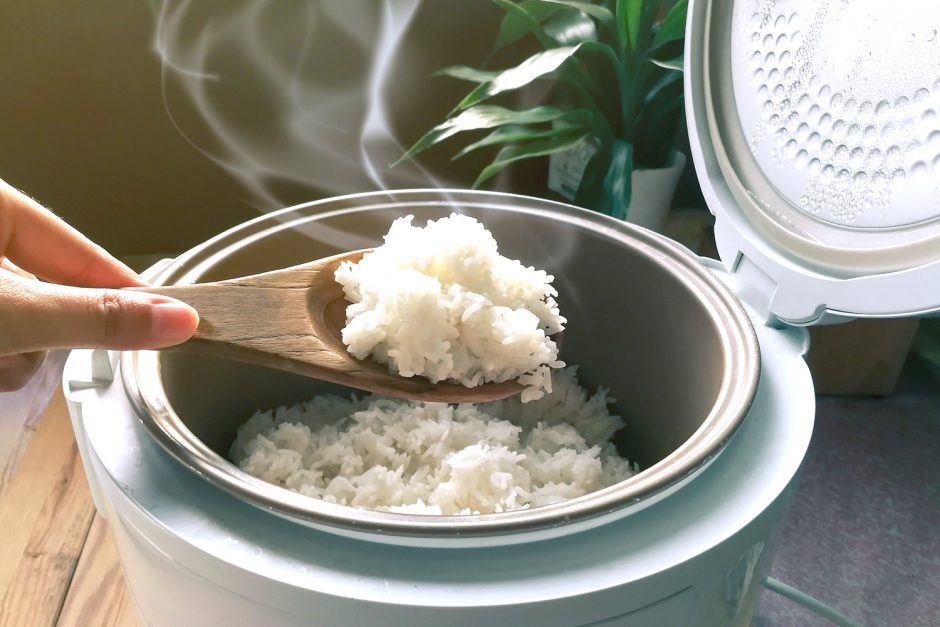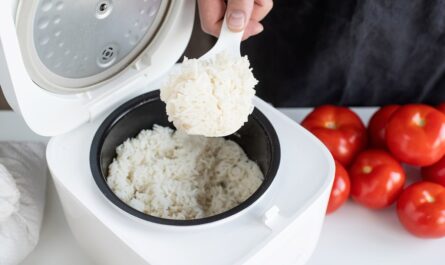For sushi lovers and home cooks alike, a rice cooker is an indispensable kitchen gadget. It simplifies the process of cooking rice to perfection, allowing you to focus on crafting the perfect sushi roll or any other rice-based dish. However, like any appliance, a rice cooker needs proper care and maintenance to ensure it serves you well for years to come. In this article, we delve into how to prolong rice cooker life, ensuring you get the most out of this essential kitchen tool.

Understanding Your Rice Cooker
Before diving into maintenance tips, it’s crucial to understand the basic components of your rice cooker. Most rice cookers have a main body, an inner pot, a lid, and a heating element. Knowing these parts will help you handle them with care, which is the first step in extending the life of your rice cooker.
Regular Cleaning is Key
After each use, ensure that your rice cooker is thoroughly cleaned. Remove the inner pot and wash it with warm, soapy water. Wipe down the exterior and the lid with a damp cloth. Regular cleaning prevents the buildup of residue, which can affect the performance of your rice cooker. For detailed cleaning advice, check out this cleaning guide.
Proper Storage Practices
When not in use, store your rice cooker in a dry, safe place. Avoid placing heavy objects on top of it, which can damage the lid or the body. Proper storage prevents unnecessary wear and tear.
Using the Right Amount of Water
Using too much or too little water can strain your rice cooker. Always follow the manufacturer’s instructions regarding water levels. This not only ensures perfectly cooked rice but also prevents damage to the inner pot and heating element.
Inspect the Power Cord Regularly
The power cord is a critical component of your rice cooker. Regularly inspect it for any signs of wear or damage. If you notice fraying or any other issues, it’s essential to replace it to prevent electrical hazards.
Avoid Using Metal Utensils
Metal utensils can scratch the non-stick surface of your rice cooker’s inner pot. Use plastic or wooden utensils to preserve the integrity of the pot and ensure even cooking.
Be Mindful of Overfilling
Overfilling your rice cooker can lead to spills and messes. It’s important to adhere to the maximum capacity indicated by the manufacturer to avoid damage and maintain optimal cooking performance.
The Importance of Descaling
Over time, mineral deposits may build up in your rice cooker, particularly if you use hard water. Descale your appliance periodically to ensure efficient operation. This can be done using a mixture of vinegar and water.
Regular Maintenance Checks
Periodically, conduct a full check-up of your rice cooker. Look for any loose parts, unusual noises, or other signs of wear. Addressing small issues early on can prevent them from becoming larger problems.
Keep the Vent Clean
The vent is an essential part of your rice cooker that allows steam to escape. Ensure it is clean and free from obstructions to prevent pressure build-up that can damage your cooker.
Understand Your Cooker’s Limitations
Not all rice cookers are designed for every type of rice. Understand what your appliance can handle and avoid cooking incompatible rice types that can strain the cooker. For more on this, read about different rice cookers.
Replacing Worn Out Parts
Over time, some parts of your rice cooker may wear out. Whether it’s the inner pot or the lid, replacing these parts can give your rice cooker a new lease on life.
Invest in a Quality Model
While this tip is more about prevention, investing in a high-quality rice cooker from the start can save you from frequent replacements. Quality models are built to last and often come with better warranties.
Technology: Embrace Smart Features
Many modern rice cookers come with smart features that enhance their functionality and lifespan. These features often include sensors that prevent overcooking or burning, ensuring your rice cooker operates efficiently.
Engage with the Community
Joining forums or groups of fellow rice cooker enthusiasts can provide valuable tips and tricks. Engaging with a community can also alert you to any common issues with specific models or brands, helping you address them before they become problems.

FAQs
How often should I clean my rice cooker?
It’s best to clean your rice cooker after each use to prevent residue build-up.
Can I use my rice cooker to cook other grains?
Yes, many rice cookers can cook various grains, but always check if your model supports it.
What should I do if my rice cooker stops working?
First, check the power supply and the cord. If those are fine, consult the manufacturer’s troubleshooting guide or contact customer support.
For more information on rice cookers, you might find this external resource helpful.
By following these tips, you can significantly extend the lifespan of your rice cooker. Whether you’re preparing sushi rice or any other dish, a well-maintained rice cooker will continue to deliver excellent results for years to come.
This article contains affiliate links. We may earn a commission at no extra cost to you.




